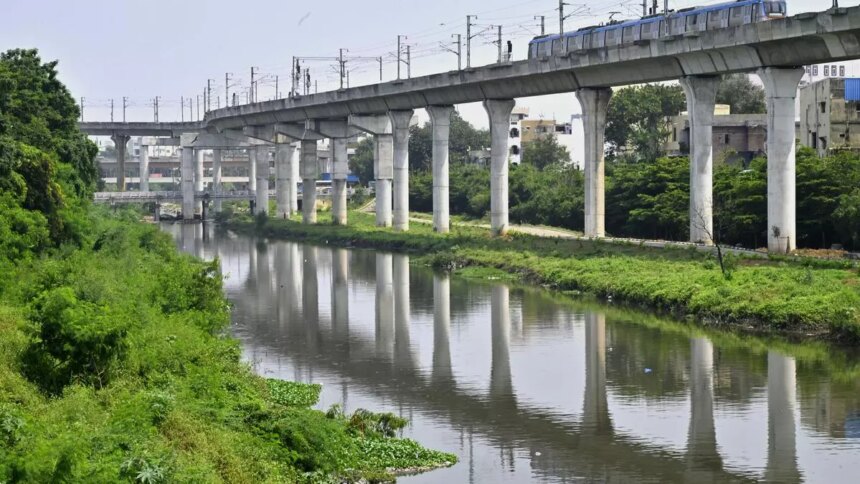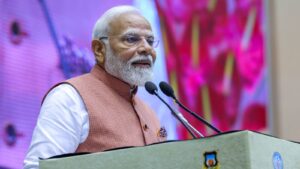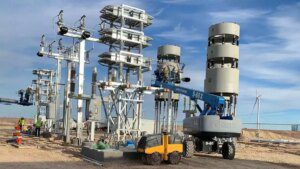A contentious debate has emerged in Telangana regarding the government’s ambitious plan to revive the Musi River. Chief Minister A Revanth Reddy’s proposal to allocate ₹1.5 lakh crore for the project has sparked a strong backlash from opposition parties, who accuse him of orchestrating one of the largest scams in the country.
The long-neglected river, which flows through Hyderabad, has essentially turned into a polluted drainage canal filled with foul wastewater from various parts of the city. Encroachments on the riverbed have only exacerbated the situation.
Revanth Reddy has defended the project, stating that it is not merely a beautification endeavor but a necessary measure to protect people from the river’s pollution and enhance their quality of life. He claims that the government has thoroughly examined the challenges faced by those residing along the river and has formulated plans to provide livelihood opportunities and support to the underprivileged.
The recent demolitions along the riverbed and other areas of the city sparked outrage and fierce opposition, with affected individuals taking to the streets and asserting that they had been living there for decades. Opposition parties like BRS and BJP have voiced their support for the victims.
The new Congress Government established HYDRAA (Hyderabad Disaster Response and Asset Monitoring and Protection Agency) to safeguard the city’s public spaces and eliminate encroachments. Several homes and structures encroaching on lakes and parks were demolished, drawing both praise and criticism. While some residents welcomed the initiative, others criticized it for demolishing structures that had been constructed with proper approvals.
The demolition drive rattled individuals who recently purchased properties, prompting them to frantically check if their properties were under scrutiny.
K T Rama Rao, the Working President of Bharat Rashtra Samithi (BRS), strongly criticized Revanth Reddy, accusing him of spreading misinformation and displaying ignorance about the Musi River rejuvenation project.
KTR alleged that the Musi project could potentially be the largest scam in the country, claiming that a more cost-effective plan was already in progress to beautify the river. He criticized the government for inflating the project cost by two times, stating that the initial budget was ₹50,000 crore but was later increased to ₹1.5 lakh crore. He also accused the Chief Minister of attempting to involve questionable companies as consultants to embezzle funds.
“We are not fundamentally opposing the project, but we urge the government not to displace the less fortunate,” KTR stated, warning of protests if the project adversely affects their lives and properties.
The controversy has ignited a heated discussion, with opposition parties demanding transparency regarding the project’s cost and execution. The government has commenced demolishing homes built on the riverbed to make way for the project, raising concerns about the displacement and rehabilitation of affected families.
In response to the mounting opposition and public discontent over the demolitions, the government has initiated crisis management efforts. The Chief Minister and several Cabinet members utilized various platforms to allay fears among the public and real estate developers.
As tensions escalate, Revanth Reddy has invited opposition leaders to provide suggestions and propose an action plan for the project. He reassured that the government is dedicated to protecting properties with proper permissions. A prominent CREDAI leader has disseminated the Chief Minister’s reassurance to fellow industry peers to alleviate apprehensions.
The Chief Minister also announced intentions to convene a special assembly session to deliberate on the Musi revival project.
The Musi River rejuvenation project comes over a century after Hyderabad faced a significant flood in 1908. Following the disaster, the then Nizam initiated two major projects to avert future losses and develop a modern city. The project’s success hinges on the government’s ability to balance development with social and environmental considerations.










